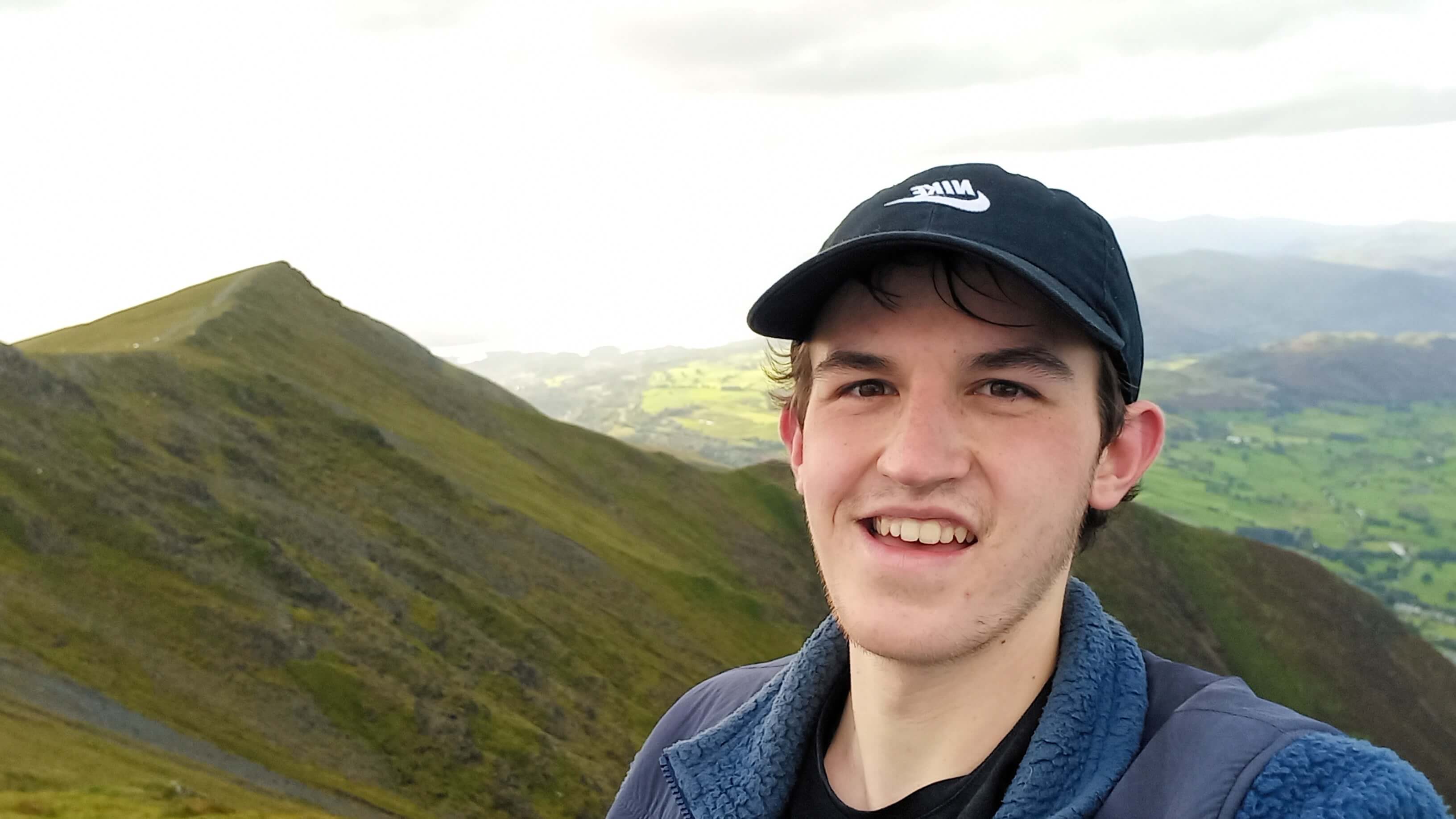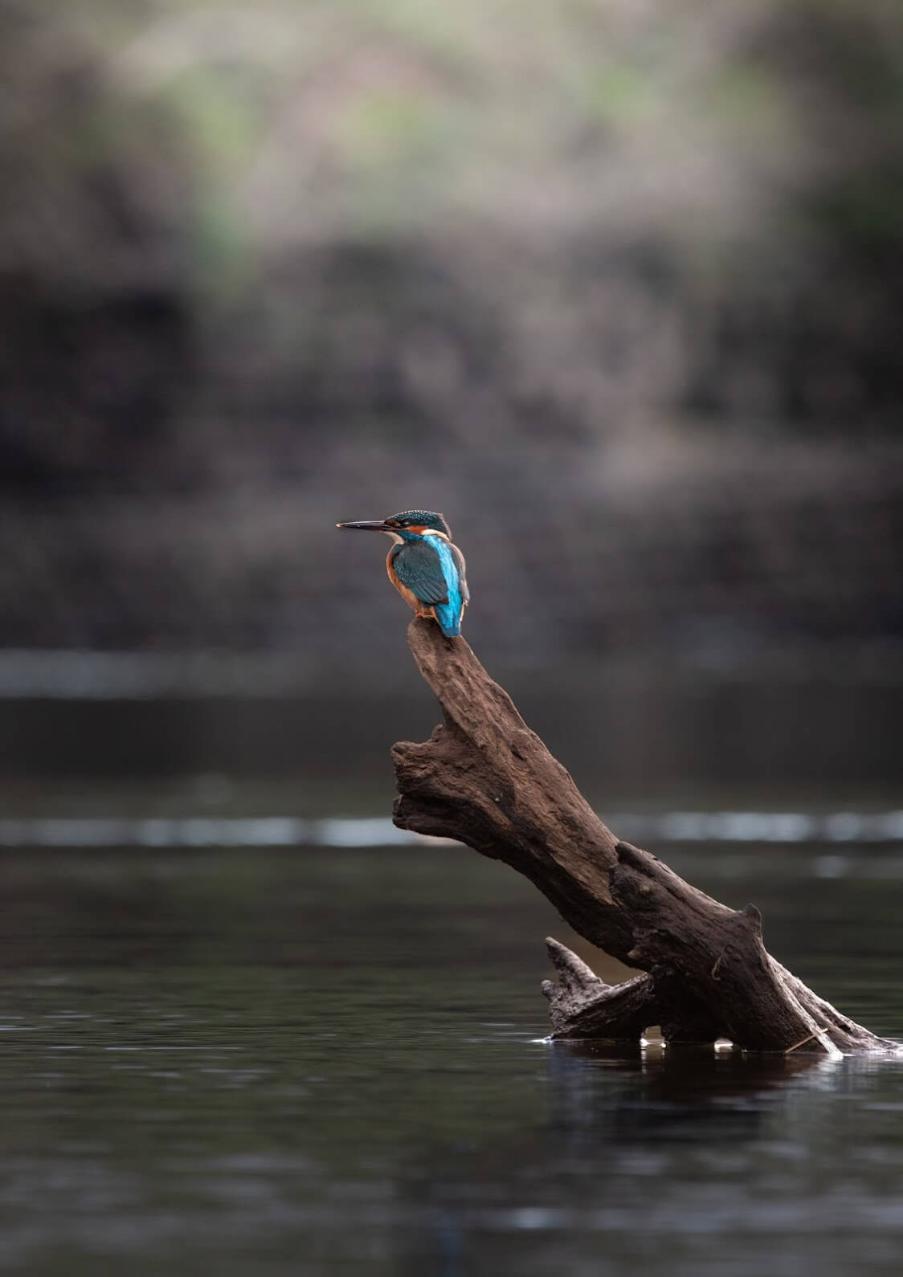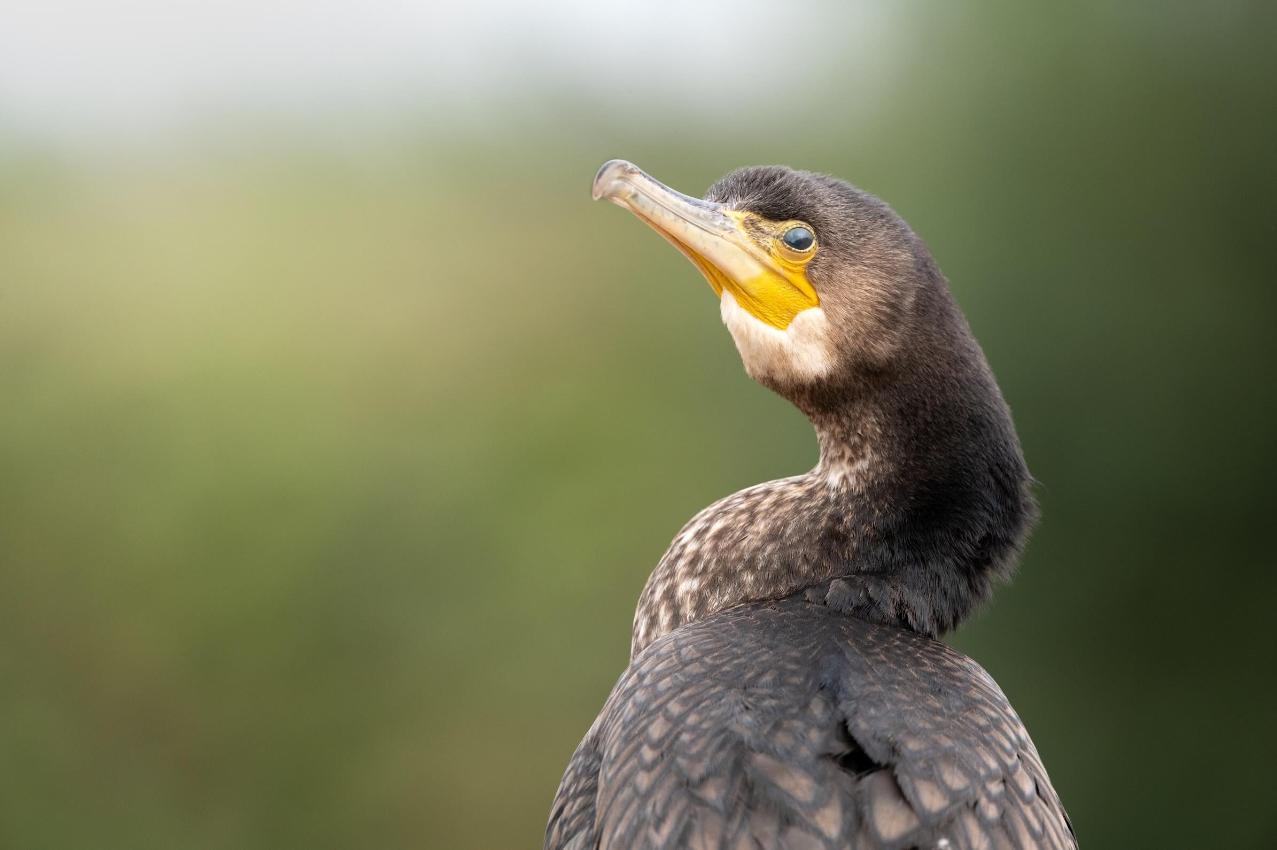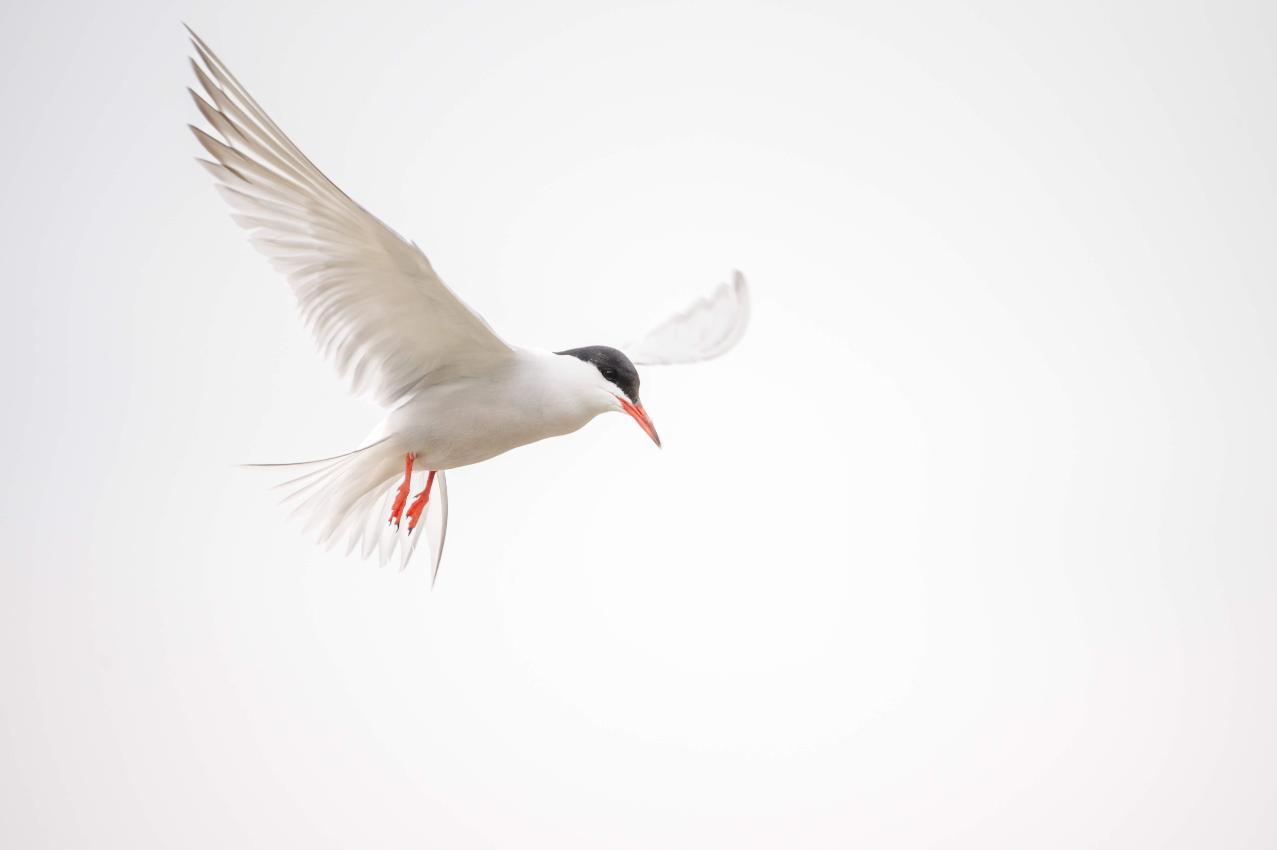

Reuben, a wildlife enthusiast and aspiring filmmaker, has embarked on a captivating journey as a BA (Hons) Wildlife Media student. Inspired by his parents' love for nature, he found his true passion in capturing the wonders of the natural world through the lens of his camera. Discover why he chose Cumbria, his favourite experiences, and the obstacles he's overcome on his journey. Be inspired by Reuben's determination to merge his love for wildlife with the art of media. Read Reuben's story here.
What or who inspired you to get into wildlife media?
My parents always encouraged me to embrace the outdoors. They taught me about the wonders of nature, explaining what things are in our garden and why they were there. I had a good input from them and a great time spending a lot of time outside. When I held a camera in my hand, realised I could merge my love for nature with the art of capturing it, I knew this was a fantastic opportunity.
Why did you choose to study wildlife media at the University of Cumbria?
What immediately caught my attention was the one-to-one experiences and personalised attention. Also, unlike other university courses, this one offered a more diverse knowledge of the British wildlife, which was crucial for my career with being based here. Moreover, the lecturing staff impressed me with their very unique and diverse skill set.
What has been your favourite experience studying wildlife media at the university so far?
The guest lecturers have been incredible. Having the chance to learn from highly talented and experienced people has been invaluable. We get to chat with them, which has opened many doors to various opportunities that have significantly developed my career.
Keith Partridge's support has been particularly influential, as he helped me get in touch with the BBC and forwarded my CV into the talent pool for Blue Peter as a runner – a truly amazing chance to secure a role in the film industry, but also getting the experience applying for a film job.
I’ve also had some good shadowing opportunities which has allowed me to experience what it's like in the professional world.
What's been the most difficult obstacle you've overcome in your education journey so far?
Developing my confidence has presented me with some challenges, but I've been fortunate to receive substantial support here. The one-to-one assistance has really helped me progress. The direct input I’ve received on overcoming obstacles and knowing the steps to take going forward has helped boost my confidence and encouraged me to actively go out and do things.
What advice would you give to others who want to get into wildlife media?
The best advice I can give, which may sound deceptively simple, but is very powerful — is just get out there and start filming and taking photographs. Learn to decipher the stories behind the scenes you’re capturing, by asking the questions – Why? What? And How? If you can master this, you’ll go really far!
How is university life beyond just studies?
The close-knit community of this university is amazing. During my first year, I lived in the halls of residence, which allowed me to get to know people from other courses. This is great for making friends, as well as for collaborating on group projects.
Having the Lake District and Scotland right on our doorstep is great. Earlier this year, we had a residential trip to the Helvellyn area, which was a great experience. We were able to plan our own route, make a film, and enjoy the freedom of the area. While Carlisle itself is amazing, there’s really interesting places nearby.
What is student life like in Carlisle?
In Carlisle there are lots of sporting societies and clubs including climbing, fencing, football, rugby, badminton, and swimming. There’s also plenty of running and walking opportunities if you’re interested.
Several people from my course are members of the Carlisle Camera Club, which is a great opportunity to get to meet local camera people and photographers who share similar interests.
How has the course prepared you for your future career?
Shadowing has been really beneficial. It has allowed me get hands-on experience in the real world. The course gives you a wide skill set, not only covering photography and filmmaking, but also conservation, allowing us to apply our skills to whatever we might go do.
Can you tell us about your involvement with the University’s Wildlife Society?
I'm part of the Wildlife Society, which is attached to an initiative called Green Minds that looks to get people involved in caring for the campus grounds.
We’ve a lot of rewilding projects including planting wildflowers, including 400 sunflowers around the campus! We keep our campus fresh, beautiful and our chocolate mining bees love it, which are very exciting when we spot them.
What networking opportunities have you had?
The university is closely linked with the local Cumbria Wildlife Trust that offers a lot of opportunities for students here. Currently we’re creating social media film content from their sustainable fishing project.
I’ve also just received a real-world opportunity from two university geography lecturers who are working on project that monitors shore bird numbers. I’m giving my expertise to assist with the technical photography involved with capturing footage of the birds.
What top tips would you give to people looking to do the same course as you?
The key is to go out and practice, build a portfolio and your experience. Simply go and chat to people who maybe self-taught, professional, local camera people – they all do amazing work. Any experience you gain along the way is gold dust!
What are you planning to do with your degree after graduation?
The guest lecturers have been lifesavers when it comes to my career plans. I'm considering either the TV industry, or freelancing which I got from local award-winning cinematographer Craig Charters.
There's also a Creative Practice master’s here, which I'm definitely considering. I’m keeping my options open, which is a big benefit of this course. I’m also looking down the conservation route, but definitely staying in the same field from what I'm doing now.

Reuben Hibbert

Reuben Hibbert

Reuben Hibbert
